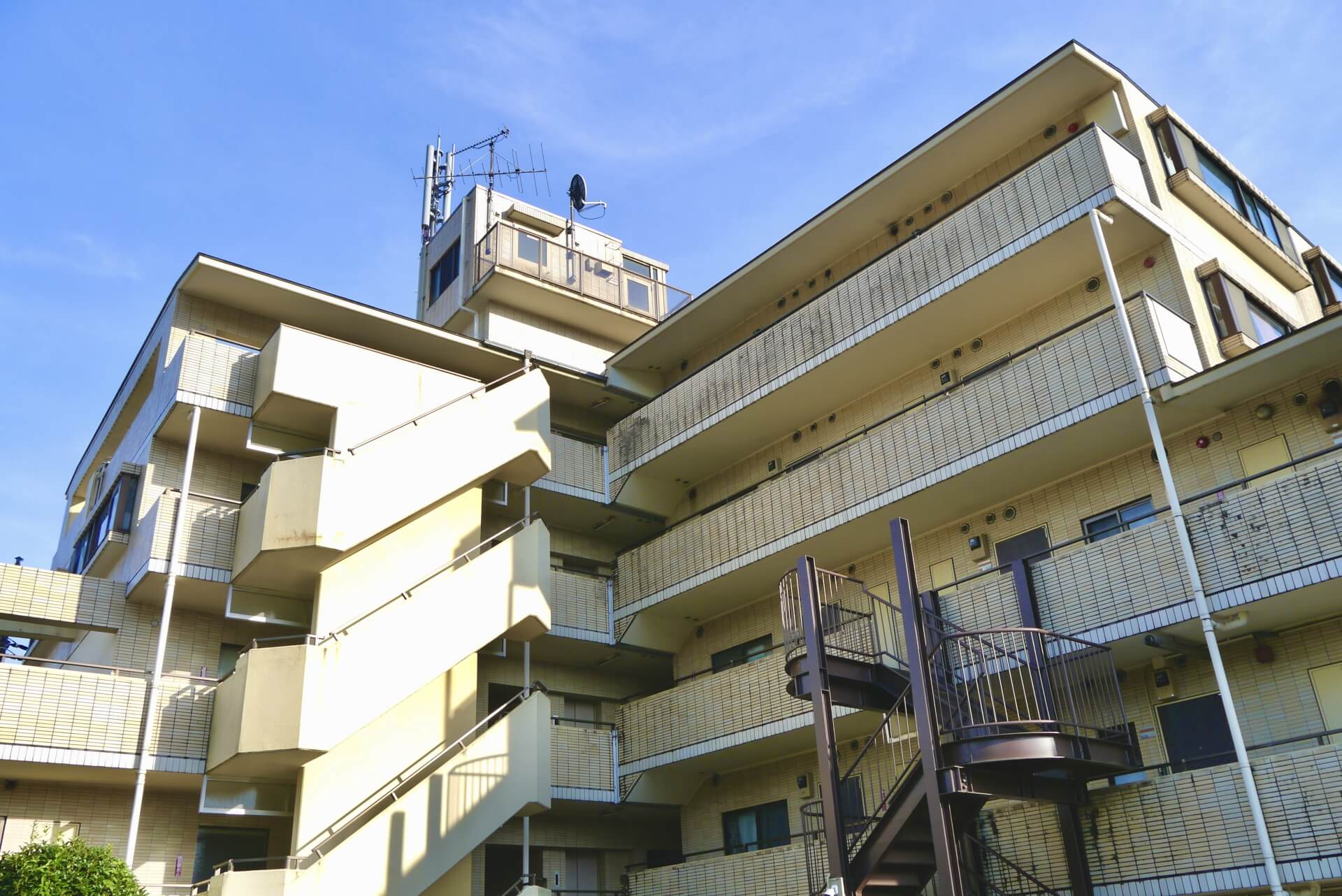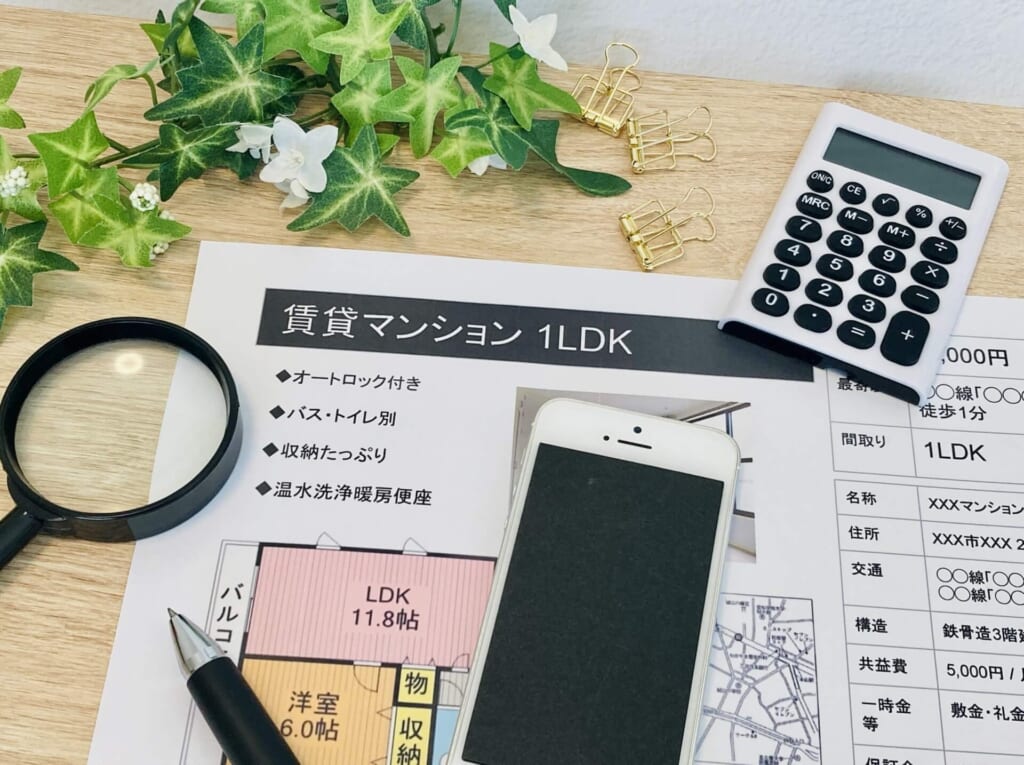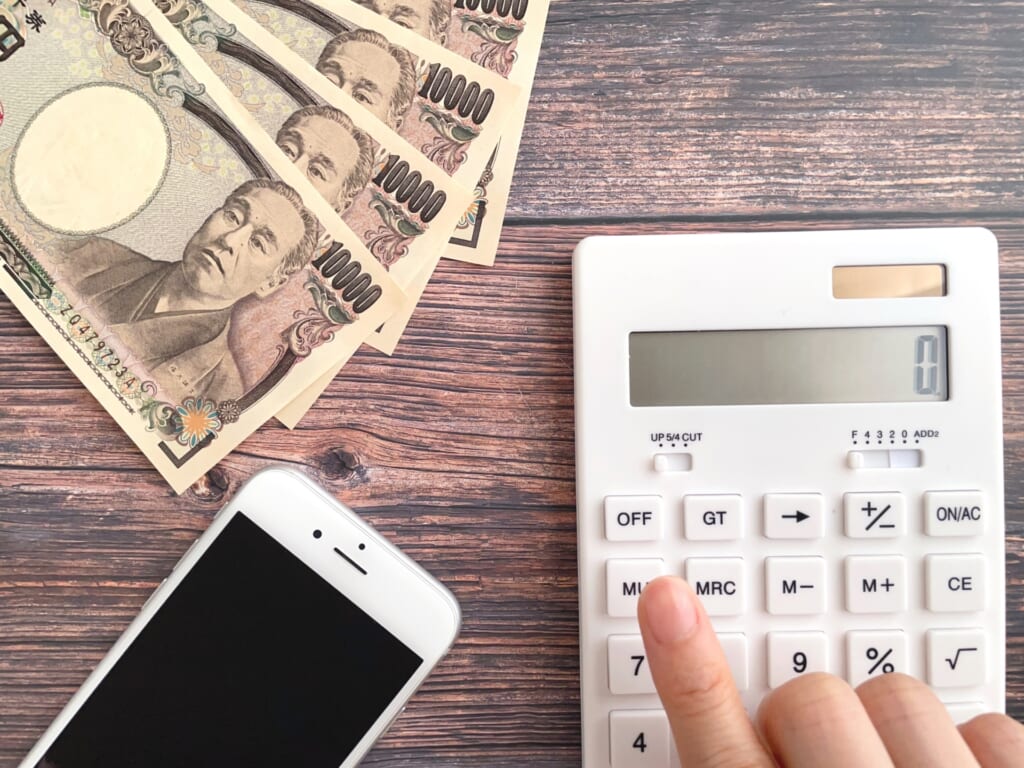Buying a Building in Japan Made Simple: Expert Advice
Knowledge and Procedures Required for Buying a Building in Japan

For real estate investors, buying a building in Japan is an attractive option. However, this process requires various procedures and knowledge. Japan’s real estate market has regulations and cultural differences that may differ from other countries. Additionally, practices and laws vary by region. When purchasing a building, it is essential to consider the type, condition, and future use of the property. Estimating the profitability of the building as an investment property is also crucial. For investors both inside and outside Japan, purchasing a building in Japan holds significant potential. Therefore, careful planning and expert knowledge are essential for buying a building.
1. Benefits of Purchasing a Building in Japan
There are many attractive benefits to purchasing a building in Japan. Firstly, Japan’s real estate market is stable, providing a reliable environment for investors. Urban areas in Japan have high demand and excellent locations as business hubs. Additionally, Japanese buildings are generally of high quality and well-maintained, ensuring a safe investment. Moreover, Japanese buildings can offer long-term stable income. Japan’s rental market is stable, making it relatively easy to attract tenants. Furthermore, Japan’s legal framework protects real estate investors, providing a secure investment environment. Purchasing a building in Japan also offers future asset value appreciation, making it a suitable means of securing future value amidst Japan’s economic growth.
2. Purchase Procedures
Let’s look at the detailed purchase procedures.
First, thorough research and preparation are necessary when purchasing a building in Japan. Consider your desired area, property conditions, and budget to find a property that meets your needs. Utilize real estate brokers and online real estate information sites to compare various properties. Visit the properties in person to evaluate their potential use and investment returns and select a satisfactory property.
Next, when purchasing a property, it is necessary to sign a real estate sales contract. The contract includes essential details such as property conditions, price, payment schedule, and delivery date. Before signing the contract, consider seeking support from a lawyer or translator. It is crucial to understand the contract’s content accurately and sign it under agreeable terms.
Additionally, various costs are involved in purchasing a building. These include registration procedures, stamp duties, and property acquisition tax. Accurately calculate these costs and ensure timely payments. For foreign investors, considering special residence permits or visas for permanent residents may also be necessary.
Finally, transfer the property and register the ownership. During the property handover, check for any necessary repairs. Complete the formal registration procedures to obtain ownership rights.
By following these steps and conducting thorough planning and preparation, you can ensure a smooth transaction and secure investment when purchasing a building in Japan.
2.1. Preparing Funds
Adequate fund preparation is essential when purchasing a building in Japan.
First, accurately understand the purchase price and related costs. Calculate the desired property’s price, related expenses, and overseas remittance fees to grasp the total funding needs. Then, balance self-funding and borrowing to prepare funds appropriately. Consider measures such as foreign currency deposits and currency hedging to manage exchange risks. In addition to the purchase price, consider registration procedures, various costs, repair and unforeseen expenses. Finally, for foreign investors, consider remittance fees and currency spreads when transferring funds from abroad.
By considering these points and preparing funds appropriately, you can minimize financial risks and ensure a smooth transaction when purchasing a building in Japan.
2.2. Property Search
When searching for a property, finding one that meets your needs and investment objectives is crucial.
First, clarify your desired area, property conditions, and budget. Utilize real estate brokers and online real estate information sites to compare various properties. Also, understand the characteristics of different regions in Japan’s real estate market. When visiting properties, observe not only the building’s exterior and interior but also the surrounding environment and accessibility. Consider future use and investment returns, such as high rental demand areas or regions with growth potential. Consulting experts such as real estate agents, architects, and real estate investors is beneficial. By seeking expert advice, you can make better decisions.

Property search is one of the most critical stages in the building purchase process. Careful and thorough research to find a property that aligns with your goals can lead to successful real estate investment.
2.3. Purchase Contract
When signing a purchase contract, pay attention to the following points.
First, carefully review the contract’s content. Verify details such as the property price and conditions, payment schedule, delivery date, and special clauses. Foreign investors must understand Japan’s real estate contract practices and laws.
Next, consider seeking expert advice before signing the contract. Consulting real estate lawyers, translators, and real estate consultants can help you understand the contract’s content and conditions accurately and minimize risks.
Additionally, be mindful of contract creation and negotiation. Engage in sincere negotiations and accurate documentation for a smooth contract conclusion. If unfamiliar with Japanese, enlist a translator’s help to understand the contract accurately.
Finally, take ample time to review the contract before signing. Ensure the contract’s content and conditions are satisfactory by setting a relaxed schedule. After signing, consider post-contract risks such as cancellation clauses and penalties.
By paying attention to these points and approaching the purchase contract carefully, you can ensure smooth transactions and minimize risk.
2.4. Settlement and Registration
The final stages of the purchase process include settlement and registration.
During settlement, pay various costs, taxes, and fees based on the contract. These include registration fees, stamp duties, remuneration for judicial scriveners or lawyers, and property acquisition tax. Understanding the exact amounts and payment deadlines is crucial to ensure smooth procedures.
Registration involves legally transferring property ownership. Submit necessary documents, including the registration application, to the registry office. The registrar will review the documents’ validity and legality and record changes in the property registry. This process accurately records ownership transfer and any mortgage arrangements.
Once registration is complete, property ownership is officially transferred. New owners gain legal rights and obligations, and all associated taxes and fees are settled. Carefully handling the settlement and registration process is essential for a legally formal transaction. Proper property management ensures successful real estate investment.
3. Cost Details

Purchasing a building for real estate investment involves various costs. The most significant cost is the purchase price, which varies by property type, location, size, and condition. Additional costs include transfer taxes, registration fees, brokerage fees, and loan-related costs such as interest, fees, and insurance premiums. Maintenance and management fees, and overall operating costs, are also essential considerations. These costs must be accounted for when planning future revenue. Understanding detailed cost breakdowns is vital for purchasing a building in Japan.
3.1. Initial Costs
Initial costs in real estate investment refer to various expenses related to purchasing a building. The building’s price is the largest initial cost, followed by transfer taxes, registration fees, and brokerage fees. These are necessary legal procedures and fees for acquiring the building. If financing through a bank, loan fees and guarantee fees may also apply. Understanding these initial costs and preparing a financial plan is crucial for purchasing a building.
Additionally, consider future expenses such as maintenance and repair reserves. Buildings require repairs over time, necessitating reserves for such expenses. Planning overall investment costs, including operating and risk management costs, is essential. Property management costs should also be considered in the initial planning phase.
Understanding and planning for initial costs reduces investment risks and enhances profitability. Real estate investors should conduct thorough research and planning to succeed in their investments.
3.2. Maintenance Costs
Planning for maintenance costs is crucial when purchasing a building for real estate investment. These costs vary by property type, size, and location. Maintenance costs include repairs and upkeep, with older or larger buildings requiring more expenses. Regular inspections and maintenance of facilities and systems are vital. Additionally, consider cleaning and managing common areas. Ground rent, property taxes, and fire insurance premiums also fall under maintenance costs and vary by region and property value. Costs associated with hiring management companies or specialists are also part of maintenance expenses. Proper maintenance ensures a profitable property. Investors should estimate these costs accurately and strategize to maximize returns.
4. Legal Considerations
Understanding legal considerations is crucial when purchasing a building in Japan. Familiarize yourself with property ownership laws and contract details. Verify contract content and property conditions carefully. Additionally, check for any usage or utilization restrictions based on regional zoning and land use regulations. Ensure compliance with building standards and fire safety regulations. These legal considerations help avoid future issues. Understanding Japan’s laws and taxes is also essential, including property taxes and registration procedures. Seek expert advice and navigate the legal landscape carefully to ensure successful transactions.
4.1. Restrictions on Foreigners Purchasing Real Estate
When foreigners purchase real estate in Japan, certain restrictions apply. Foreign investors must comply with legal regulations and procedures. Some regions require special permits for foreign purchases to ensure national security and regional stability. Additionally, foreign buyers must fulfill tax obligations, including income and local taxes. Reporting and notifying foreign exchange transactions under the Foreign Exchange and Foreign Trade Act may also be required. Accurate information and expert advice are essential for navigating these regulations. Detailed research and planning are necessary, considering regional and property-specific regulations. Foreign investors must deeply understand these legal requirements and follow proper procedures for successful real estate transactions in Japan.
4.2. Japanese Real Estate Law
Japanese real estate law encompasses various regulations related to land and building transactions. Contract details are critical in sales contracts, specifying individual transaction conditions, property status, and transaction flow. Seeking expert advice for contract creation and review is recommended. Real estate law also regulates property rights and debt guarantees. Land use and building structure regulations must be followed during transactions. Additionally, Japanese real estate law includes inheritance and gift regulations, and lease and property management regulations. Legal procedures and document creation should be carried out accurately with professional support. Complying with Japanese real estate law ensures smooth and successful transactions.
5. Points to Consider
When purchasing a building in Japan, several points need consideration. Evaluate the type and location of the building, as real estate prices vary significantly between urban and rural areas. Understand Japan’s building regulations and local restrictions, considering factors such as building age and earthquake resistance.
Familiarize yourself with the real estate transaction system, including unique contract and registration procedures in Japan. Understand relationships with management associations and companies, especially when purchasing investment properties. Be knowledgeable about lease agreements and tenant negotiations.
Consider maintenance and management of the building, accounting for natural disaster risks like earthquakes and typhoons. Proper insurance, regular inspections, and repair plans are essential.
Lastly, be aware of taxes and various costs. Japanese real estate transactions involve stamp duties, registration taxes, property taxes, and more. Conduct cost simulations and ensure sufficient budget flexibility.
5.1. Choosing the Right Area
Choosing the right area is crucial when purchasing a building in Japan. First, clarify your investment purpose and goals. Whether for rental income or personal use, the desired area’s conditions will vary. Consider factors like urban or rural locations, transportation accessibility, living environment, and future regional development.
Next, research the characteristics of real estate markets in different areas. Tokyo, Osaka, and Nagoya have high prices and demand, while rural areas may offer lower prices but require careful analysis of demand and rental markets. Consider security, schools, and medical facilities. Additionally, assess future regional development by examining land use plans, infrastructure projects, and tourism trends to predict future demand and investment value.
Consulting local real estate companies and experts is recommended. Japan’s real estate market has regional nuances. Local real estate companies, agents, lawyers, and tax advisors can provide valuable advice for accurate area selection.
5.2. Future Profitability
Future profitability is crucial in real estate investment. When purchasing a building, consider future rental income, demand prospects, and regional development plans. Additionally, develop a financial plan accounting for future repair and maintenance costs. For investment properties, factors like occupancy rates and tenant creditworthiness influence future profitability.
5.3. Property Condition and Evaluation
When evaluating a property, pay attention to the following points.
First, check the building’s exterior, interior, and equipment condition. Look for aging or deterioration and ensure the safety of plumbing and electrical systems. Assess the interior layout, available space, and natural lighting.
Additionally, evaluate the land’s condition and surrounding environment. Investigate land rights, ground conditions, transportation access, and nearby facilities to determine the property’s attractiveness and future potential.
Conclusion
Interest in real estate investment in Japan is increasing. For investors both domestically and internationally, purchasing buildings in Japan offers significant potential. For example, Tokyo’s real estate market is globally recognized, offering numerous investment opportunities. Tourist destinations and metropolitan areas also present diverse demand, providing various options for investors. Moreover, Japan’s real estate market offers stable returns, making it an attractive investment.
However, thorough planning and expertise are necessary for successful transactions. Careful property selection, condition assessment, future use planning, and profitability estimation are critical. Expert advice and local networks are also crucial. While purchasing buildings in Japan offers attractive investment opportunities, it requires careful consideration. Investors must gather comprehensive information about Japan’s real estate market and thoroughly evaluate various factors to ensure successful investments.
